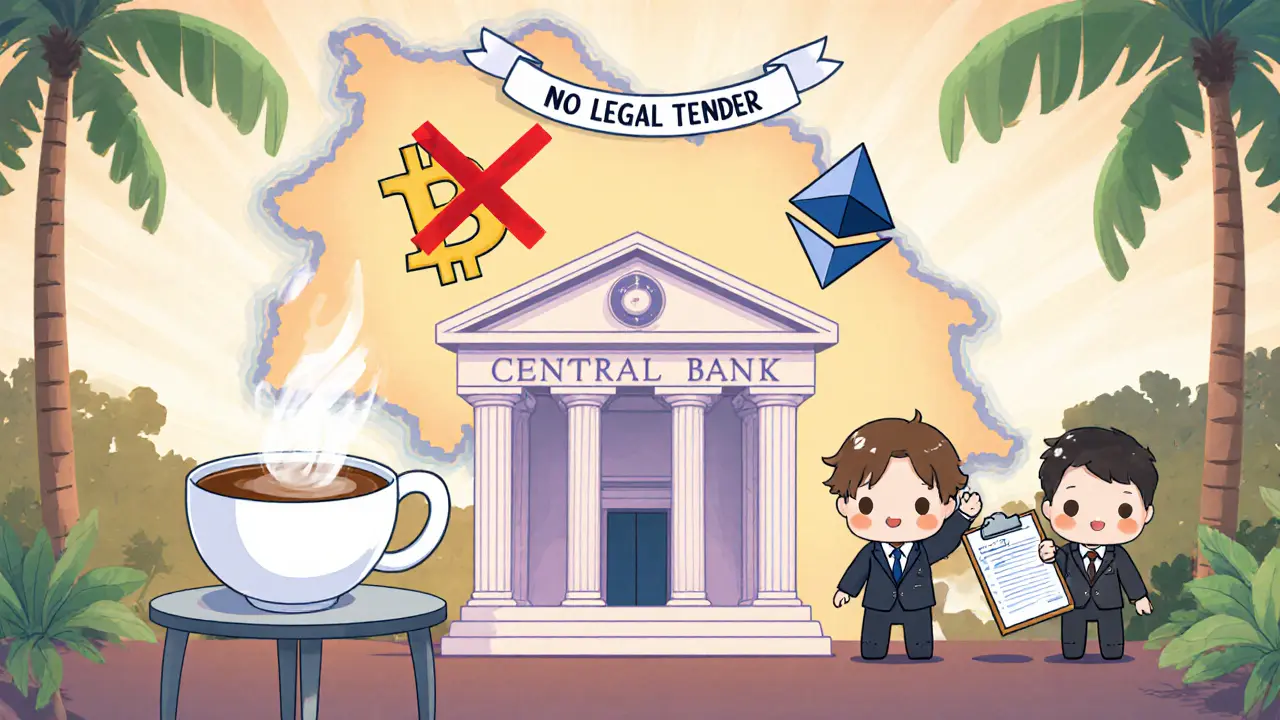VASP Registration: How to Get Your Crypto Service Provider Licensed
When navigating VASP registration, the formal process of registering a Virtual Asset Service Provider with the appropriate financial authority. Also known as Virtual Asset Service Provider licensing, it’s the foundation for any crypto‑related business that wants to operate legally. A typical VASP must also complete FinCEN registration, the U.S. Money Services Business filing required for crypto exchanges and adhere to AML compliance, programs that monitor and report suspicious transactions. In many jurisdictions, crypto exchange licensing, the permit an exchange needs to offer trading services directly influences the VASP registration outcome because regulators treat the two as a single compliance package.
Key Steps and Common Requirements
First, gather the core documentation: corporate formation papers, ownership structures, and a detailed AML/CTF policy. Regulators expect a clear risk‑assessment framework, so map out how you’ll detect money‑laundering patterns and file SARs (Suspicious Activity Reports). Next, file the FinCEN registration if you operate in the United States – this involves completing the MSB (Money Service Business) form, paying the filing fee, and updating the registration annually. Outside the U.S., look for the local equivalent, such as a “crypto exchange license” in the EU or a VASP permit in Singapore, because each authority ties that license back to the broader VASP registration.
Don’t overlook the technical side: implement KYC (Know‑Your‑Customer) screens, transaction monitoring software, and secure customer data storage. Many regulators now demand a designated compliance officer who can respond to audits within 48 hours. Once your policies are in place, submit the VASP registration packet to the national financial regulator – typical submissions include a business plan, proof of capital, and a description of the blockchain protocols you’ll support. After review, you’ll usually receive a conditional approval pending a site inspection or a demo of your AML tools. Passing that step earns you the VASP license, which then unlocks the ability to open bank accounts, process fiat on‑ramps, and list your exchange on global directories.
With those pieces in place, you’ll see how VASP registration, FinCEN filing, AML compliance, and crypto exchange licensing form an intertwined compliance ecosystem. Below you’ll find articles that break down each component, share real‑world examples, and give you actionable checklists to speed up your licensing journey.

